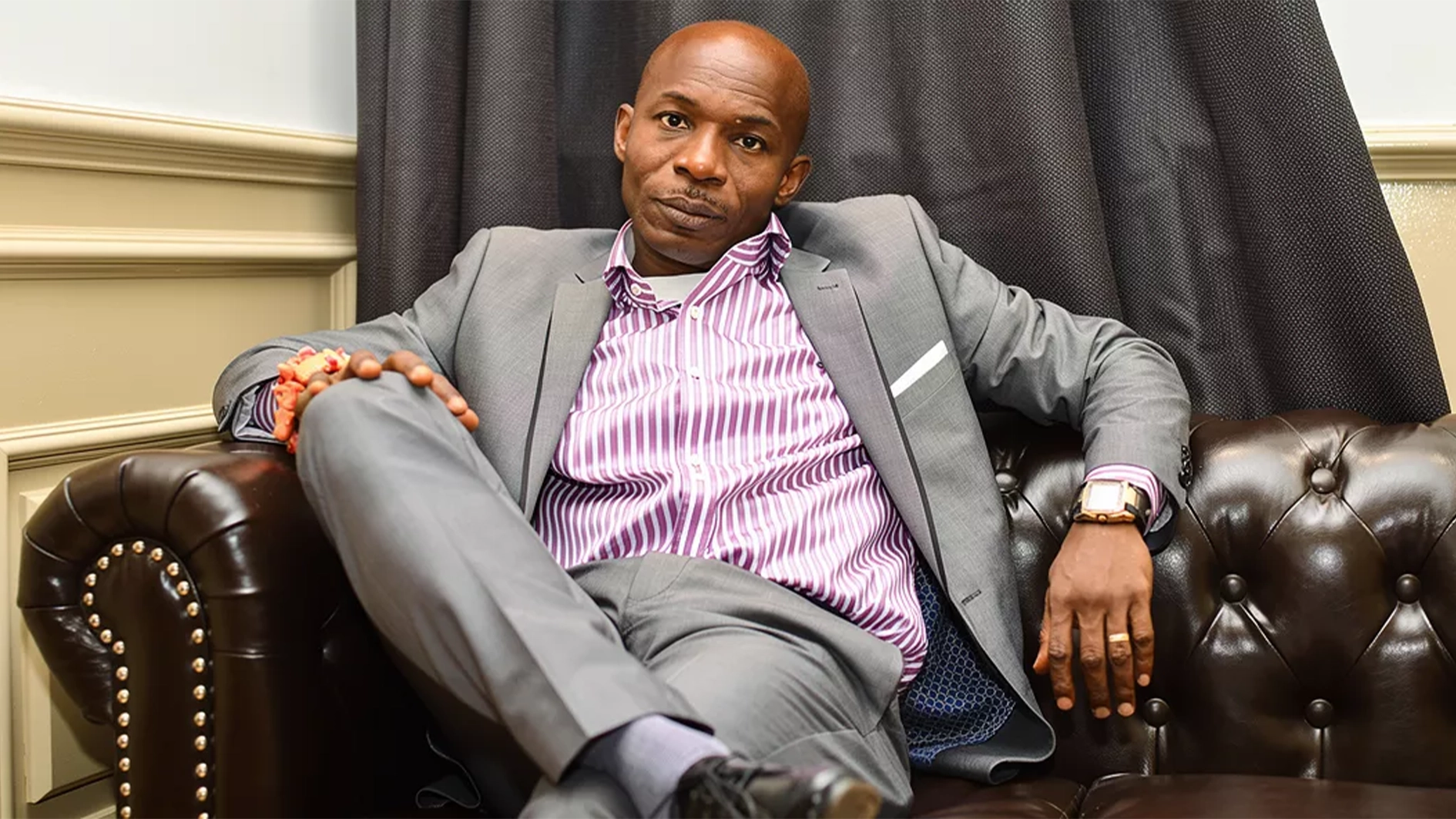Environmental health experts have raised concerns over the worsening impact of air pollution on public health in Africa, warning that it kills an estimated 712,000 people yearly, surpassing deaths from malnutrition, unsafe water, and other environmental hazards combined.
Delivering a keynote address at this year’s World Environmental Health Day organised by the Department of Environmental Health Sciences, University of Ibadan (UI), a former Dean of the Faculty of Public Health, Prof. Godson Ana, described clean air as “the most vital requirement for human survival”, even more essential than food, water or shelter.
The event, themed “Clean Air, Healthy People,” was held at the B.O. Osuntokun Auditorium, College of Medicine, and featured awareness campaigns, expert discussions, cultural displays, and awards highlighting the connection between air quality and human wellbeing.
Ana, an air quality expert, noted that air pollution caused by physical, chemical, or biological contaminants exceeding safe levels poses grave risks not only to human health but also to ecosystems and infrastructure. Major sources, he said, include industrial emissions, bush burning, cooking with firewood, dust storms, and wildfires, all of which have intensified due to urbanisation and poor regulation.
He warned that children are particularly vulnerable because their developing organs and immune systems make them more susceptible to pollutants.
“They face a heightened risk of asthma, bronchitis, pneumonia, and even early-onset chronic diseases,” Ana said, urging children to speak out and take action whenever they notice environmental hazards in their homes, schools, or communities.
Also speaking, the Director of the Basel Convention Coordinating Centre, Prof. Percy Onianwa, lamented the health burden of air pollution and called for stronger environmental governance.
In his remarks, former Dean of the Faculty of Clinical Sciences, UI, Prof. Mayowa Owolabi, linked the rising incidence of cardiovascular diseases in Nigeria to deteriorating air quality. He urged the adoption of global best practices in air quality monitoring, citing successful models from China and Ghana.
Participants at the event called on government, civil society, educators, and parents to collaborate in ensuring that every Nigerian child breathes clean air and grows in a safe, sustainable environment. They stressed the need for behavioural change, sustainable practices, and effective policy implementation to reduce air pollution.
As part of the programme, schoolchildren took part in the Environmental Sustainability Training (TEST) initiative, focusing on Leadership, Safety, Environment, and Health (LSEH), a platform designed to empower young minds to champion environmental protection within their communities.
The event concluded with the award of prizes to outstanding schools, with the International School, Ibadan (ISI) clinching the trophy for the most environmentally sound and hygiene-conscious school in the maiden edition of the competition.






